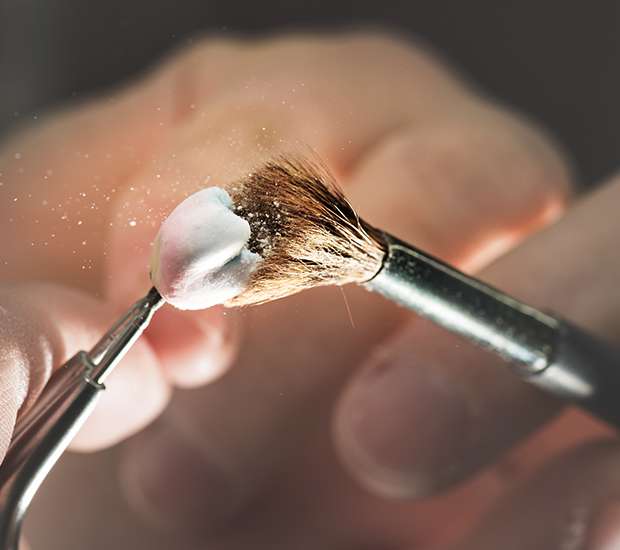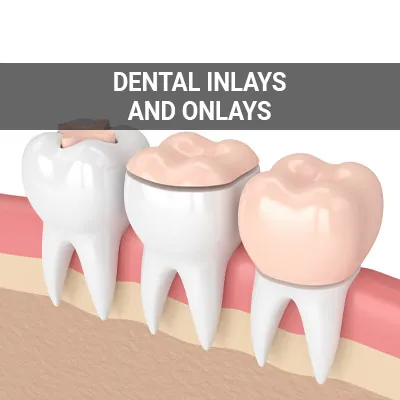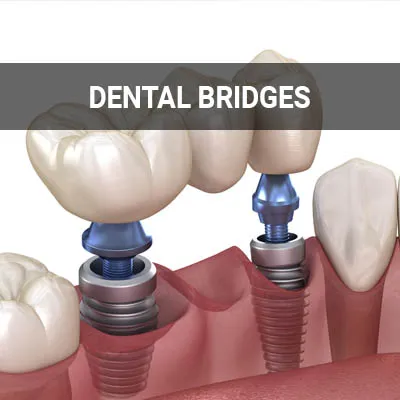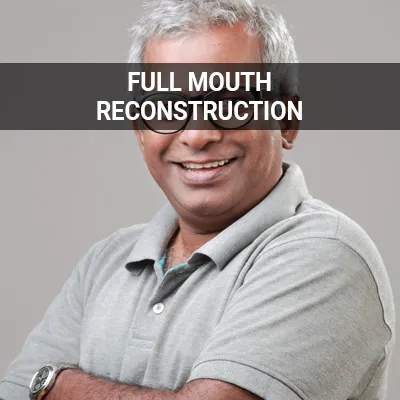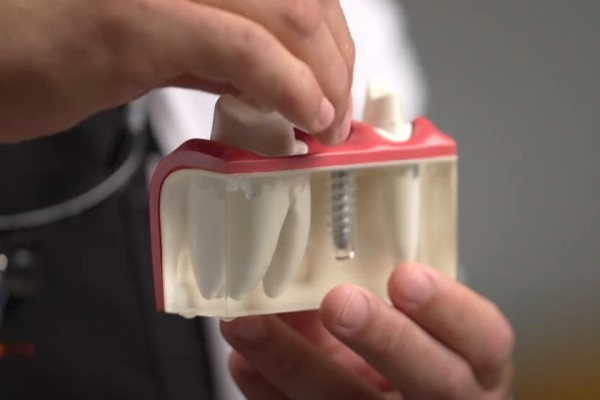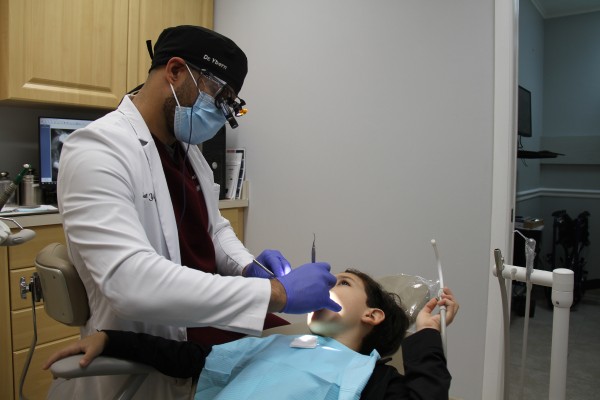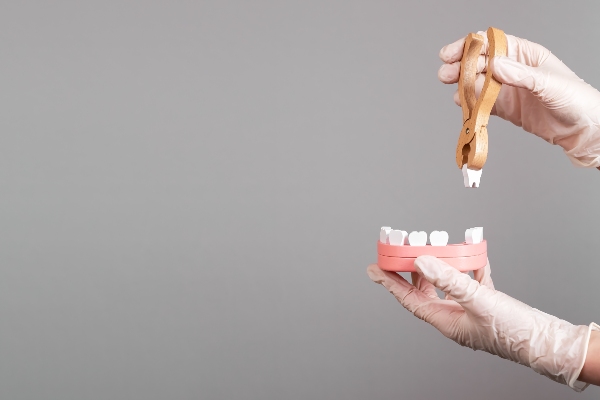Restorative Dentistry Fort Pierce, FL
Restoration dentistry encompasses a variety of services geared towards restoring the function and appearance of a tooth or overall smile. Dental restorations replace missing or broken teeth and repair missing tooth structures resulting from tooth decay, deterioration, or a fracture. Restorations may include a filling, crown, bridge, implants, or dentures.
Restoration dentistry is available at Fort Pierce Smiles in Fort Pierce and the surrounding area. We can help restore your tooth or teeth to give you a more functional, appealing smile. Call us today at (772) 232-7073 to schedule an appointment or learn more about our services.
What to Know About Restoration Dentistry
Restoration dentistry focuses on restoring functionality to teeth as well as the overall management of oral health. People with structural dental issues, including broken or missing teeth, can benefit from restoration dentistry. Restorative treatments allow patients to preserve as much of their natural teeth as possible.
Although the American Dental Association does not currently recognize restoration dentistry as a dental specialty, general dentists can perform various restorative procedures. General dentists can perform these preventative and corrective procedures to ensure that patients' mouths and teeth remain as healthy as possible. The right treatment can restore the tooth structure's integrity and health while maintaining a natural appearance.
“Restoration dentistry focuses on restoring functionality to teeth as well as the overall management of oral health.”
Benefits of Restoration Dentistry
The benefits of restored teeth extend beyond aesthetic appearance since damaged teeth can have significant oral and overall health implications. The various procedures have different benefits to help patients maintain healthy smiles. One benefit of receiving restoration dentistry is improved chewing function and minimized pain. Restoring a damaged tooth can resolve chewing problems and even result in improved speech.
Restoration dentistry can restore tooth decay, chips, cracks, and prevent further tooth damage. These dental treatments protect a patient's natural teeth and minimize the chances of contracting gum- and teeth-related illnesses. Dental restorations can also improve oral health, prevent cavities, and maintain the structure in jawbones.
” The benefits of restored teeth extend beyond aesthetic appearance since damaged teeth can have significant oral and overall health implications.”
Qualified Restorative Dentists
Almost all dentists are qualified and trained to perform restorative treatments. However, not every dentist will offer restorative treatments or procedures, depending on the focus of their practice. It is important that patients seek a dentist who performs the type of procedure they are looking for.
At Fort Pierce Smiles, we offer restorative treatments. We may also refer a patient to a specialist if the type of procedure or treatment they need requires a more specialized approach. In some cases, a patient with multifaceted dental issues may see more than one dentist or specialist for each of their dental conditions to properly treat their case. We will discuss this in greater detail during the initial consultation appointment.
“Almost all dentists are qualified and trained to perform restorative treatments.”
Check out what others are saying about our dental services on Yelp: Restorative Dentistry in Fort Pierce, FL
Finding the Right Restoration Dentist
Choosing the right restoration dentist is an important part of pursuing treatment. When seeking restorative treatment, different age segments should keep certain factors in mind:
- Adults: Adults should look for a dentist who understands the importance of investing in restorative care, not only for aesthetics but also for overall health.
- Geriatric: Geriatric patients should focus on finding a restoration dentist that takes the presence of other diseases or medical conditions that can affect their oral health into consideration.
- Kids: The right dentist will focus on restoring oral function and protect developing permanent teeth while creating a positive experience throughout treatment.
- Middle-Aged: Many middle-aged people report dental pain, embarrassment, and poor prevention, so they should focus on finding a dentist who provides restoration services to maintain their teeth as they get older.
- Teens: A restoration dentist for teens takes their current dental and facial development and continual jaw growth into consideration during treatment.
“Choosing the right restoration dentist is an important part of pursuing treatment.”
Questions Answered on This Page
Q. What is restorative dentistry?
Q. What are the benefits of restoration dentistry?
Q. What should patients look for in the right restoration dentist?
Q. Who is qualified to perform restorative treatments?
Q. What are the types of restorative treatments?
People Also Ask
Q. What is an indirect dental restoration?
Q. What do I do if my implant feels loose?
Q. What is a partial removable denture for one missing tooth?
Q. What lifestyle choices help promote good oral health?
Types of Restorative Treatments
Dental restorations can be made from a variety of materials, including porcelain, dental amalgam, composite resin, and gold. Composite restorative materials are the most commonly used restorations today as they provide shade matching, tooth-colored materials that unify the tooth with the rest of the patient's mouth. Dental restorations for missing or damaged teeth include fillings, veneers, crowns, bridges, removable and fixed dentures, implants, inlays and onlays, and dental bonding.
Restorative dentist treatment is an ongoing process. Many patients require more than one dental restoration to help maintain a healthy oral cavity. Even patients who have only one dental restoration must continually upkeep their restoration and visit the dentist routinely to ensure it remains intact and functional. We will inform patients of recommended care instructions and their required office visits when undergoing restorative treatment.
“Dental restorations for missing or damaged teeth include fillings, veneers, crowns, bridges, removable and fixed dentures, implants, inlays and onlays, and dental bonding.”
Frequently Asked Questions
Q. What are the options for replacing missing teeth?
A. A missing or extracted tooth can be replaced through a variety of treatments. The most commonly used restorations are crowns, bridges, and partial or complete dentures. Crowns are typically used for one tooth, while bridges and dentures are a more common option for treating multiple teeth.
Q. When are restorations done instead of an extraction?
A. We generally try to save patients' natural teeth as no dental restoration is as functional and effective as a natural tooth. In many cases, we can use a dental restoration instead of pulling a patient's tooth. However, in cases of severe decay, deterioration, or infection, an extraction may be necessary to maintain the health of the tooth in question and surrounding structures.
Q. What are the types of restorations?
A. A dental crown is a cap that covers an entire tooth; a bridge consists of multiple crowns anchored together to replace two or more teeth; dentures are tooth-replacement devices that take the place of two or more missing teeth; and implants are artificial roots that hold dental restorations such as crowns and bridges.
Q. Is dental restoration an option for children?
A. Restorative dentistry is available to all age groups. It is important to look for a dentist who focuses on or has experience working with children. There are limited restorative treatments available to children as their teeth and mouths are continuing to develop.
Q. What is the most common type of restorative treatment?
A. Fillings and crowns are the most common restorative treatments. Fillings are frequently done because of the commonality in acquiring cavities from early childhood to late adulthood. Crowns are used for replacing teeth after various procedures, from severe decay to root canals.
Dental Terminology
Call Us Today
Tooth damage and decay can cause many oral and overall health problems. Our team at Fort Pierce Smiles provides restoration dentistry to restore the health of your smile. Call us today at 772-232-7073 to learn more about our services or schedule an appointment.
Helpful Related Links
- American Dental Association (ADA). Glossary of Dental Clinical Terms. 2024
- American Academy of Cosmetic Dentistry® (AACD). Home Page. 2024
- WebMD. WebMD’s Oral Care Guide. 2024
About our business and website security
- Fort Pierce Smiles was established in 2023.
- We accept the following payment methods: American Express, Cash, Check, Discover, MasterCard, Visa, Care Credit, Sun Bit, iCreditWorks, and In house financing
- We serve patients from the following counties: St. Lucie County
- We serve patients from the following cities: Fort Pierce, Fort Pierce South, White City, Fort Pierce North, St Lucie, Okeechobee, Hutchinson Island, and Vero Beach
- Norton Safe Web. View Details
- Trend Micro Site Safety Center. View Details
Back to top of Restorative Dentistry
